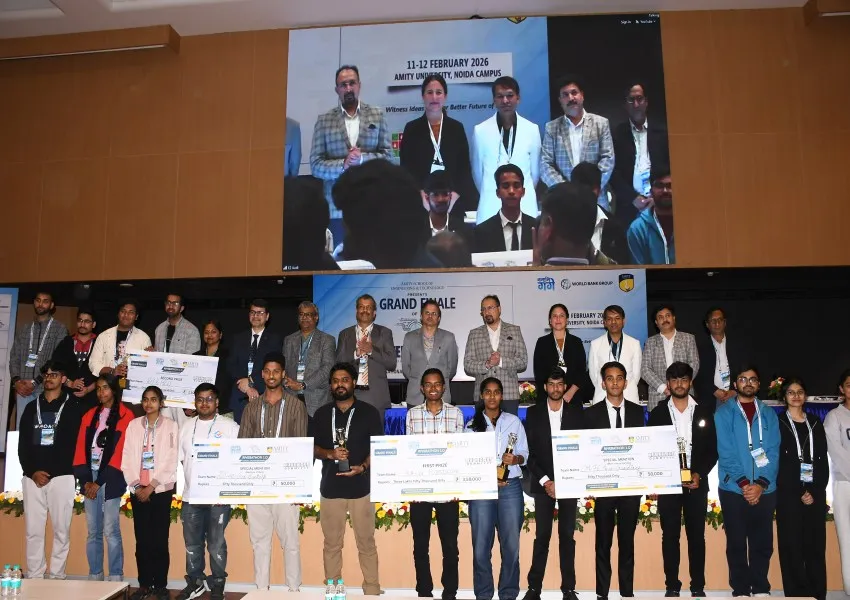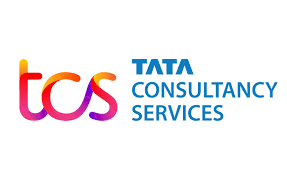- SPJIMR’s CFBE, STEP Project and KPMG collaborate on a report exploring how legacy influences family business success, balancing tradition with innovation for sustained growth
Bharatiya Vidya Bhavan’s S.P. Jain Institute of Management and Research (SPJIMR) Centre for Family Business & Entrepreneurship (CFBE) has announced its contribution to the report ‘Unlocking Legacy — The Path to Superior Growth in Family Businesses’, in collaboration with the STEP Project Global Consortium and KPMG Private Enterprise. This study delves into the intricate balance between tradition and innovation in family businesses, highlighting how legacy can drive long-term success and sustainability.
The STEP Project Global Consortium (SPGC) is a global research initiative that explores the entrepreneurial dynamics and performance of family businesses across diverse cultural and economic contexts. It aims to provide insights and guidance for family businesses to thrive across generations.
The report, enriched by detailed data analysis, academic insights and firsthand experiences from family business CEOs, provides an understanding of how legacy shapes business performance and guides strategic choices. It explores whether family businesses should expand into new markets, invest in cutting-edge technology or diversify while staying true to their traditional operations.
Forty-three percent of the 2,683 respondents in the survey reported high business, environmental and social performance, reinforced by strong legacies. This underscores the significant link between the strength of family business legacies and their overall performance.
The research identified five key legacy components: material, biological, social, identity and entrepreneurial legacies. These components significantly impact family business results, with those reporting strong legacy scores also exhibiting high business performance and sustainability results.
Conducted in the latter part of 2023, the survey gathered insights from 2,683 family business CEOs across 80 countries, territories and regions. The report includes findings from regional roundtable discussions with 21 family leaders and next-generation members, shedding light on the “legacy paradox”, where legacy can serve as both an asset and a liability.



